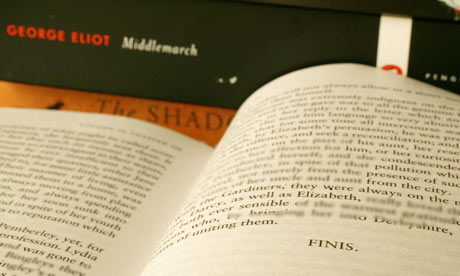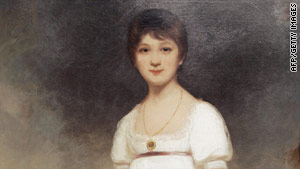 The opening of the film "The Young Victoria" this week comes as a reminder that books in which the queen plays a leading role are few and far between.
The opening of the film "The Young Victoria" this week comes as a reminder that books in which the queen plays a leading role are few and far between. This is all the more surprising when you consider that virtually every other British queen or princess has been celebrated in multiple historical novels and narrative histories. My neighborhood Barnes & Noble has an entire display table permanently devoted to such titles. The Tudors are, hands down, the great favorites of the genre; Phillipa Gregory has produced a string of bestselling novels about the wives, daughters and other assorted noblewomen surrounding Henry VIII, most notably the twice-filmed "The Other Boleyn Girl." Historians like Alison Weir have moved successfully between fiction and nonfiction in writing about female royals ranging from the ever-popular Ann Boleyn to the relatively obscure Isabella of France, who was married to the 13th-century King Edward II. And let's not even get started on Princess Di.
But Victoria? She can't get arrested in this section of the bookstore. Lady Jane Grey -- who wore the English crown for a mere nine days before her enemies ordered the head underneath it chopped off -- has had more novels based on her life than the woman who gave the Victorian era its name.












